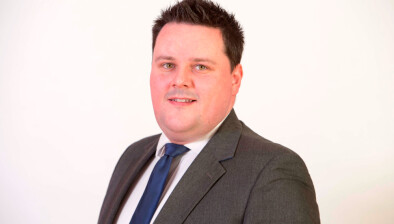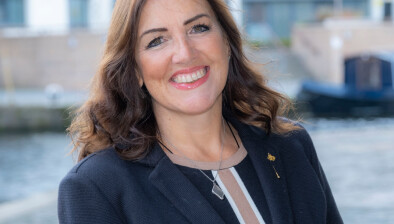Tom Stocker: Businesses in Scotland gain wider route to self-reporting fraud

Tom Stocker
The Crown Office and Procurator Fiscal Service (COPFS) has announced an expansion of a corporate self-reporting and civil settlement programme to cover a range of offences under the Economic Crime and Corporate Transparency Act 2023 and other failure to prevent offences concerning bribery and facilitation of tax evasion.
There has been a corporate/business self-reporting initiative applicable in Scotland since 1 July 2011 – introduced to mark the commencement of the Bribery Act 2010 – but it only applied to bribery offences. The previous initiative has led to six concluded corporate settlements with an aggregate value of £15 million, with Pinsent Masons having acted in four of the six cases.
The new initiative offers a business that is prepared to report suspected economic crimes attributable to the business directly to COPFS, the opportunity to negotiate a civil settlement in return for making a full disclosure and taking remedial action.
Under the new policy, from 1 September 2025, businesses (meaning bodies corporate including limited liability partnerships, and partnerships) will be able to report to COPFS conduct within their organisation which may constitute offences, with a view to consideration being given by COPFS to refraining from prosecuting the business, and instead referring the case to the Civil Recovery Unit (CRU) for civil settlement.
This is a welcomed development which shows the Scottish authorities are serious about tackling economic crime through a carrot and stick approach. Businesses that wish to address fraudulent and corrupt conduct that has arisen in or is associated with their business now have a means to do so without irreparable harm being caused to their business.
The Scottish regime is more lenient than the Deferred Prosecution Agreement (DPA) regime that operates in England & Wales because the Scottish regime allows the business to conduct the investigation and make a disclosure, and then to reach a resolution based on the benefit earned without an additional penalty being applied.
However, for leniency to be offered, an investigation by forensic accountants and solicitors is required and a disclosure report must be provided to COPFS. If COPFS are satisfied that a proper investigation has been conducted and that the public interest favours civil settlement, the case then transfers to the Scottish Government’s CRU for quantum to be calculated and ultimately negotiated.
The quantum methodology is attractive for businesses because it is based on a modified Proceeds of Crime Act quantification focused on the benefit earned from the suspected economic crime
The exercise is challenging but reasonable resolutions are achievable. The upside in resolving suspected fraud and other economic crimes is that it is more likely to appease auditors and other important stakeholders.
Previously, the policy was limited to Bribery Act offences. This is a significant development because Scotland is the only part of the UK that has a policy in favour of civil settlements, rather than DPAs, in return for a company self-reporting. COPFS and the CRU are to be commended for expanding the initiative, which helps to address economic crime in Scotland and enables businesses to be part of the solution.

Tom Stocker is a partner at Pinsent Masons







